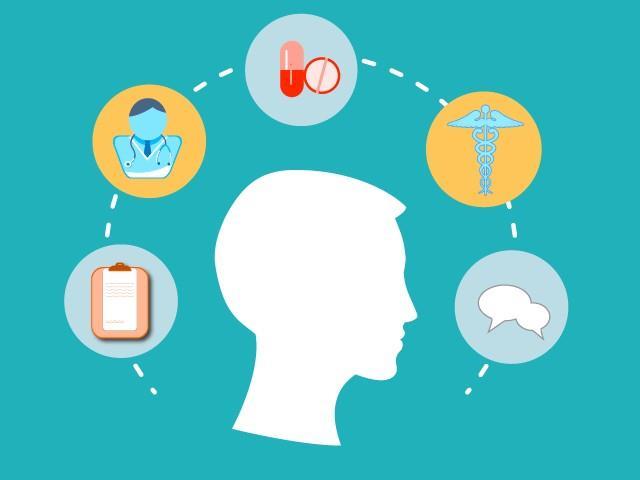SOCIAL MEDIA AND ITS IMPACT ON BODY IMAGE GABBY CAMPBELL
IMPLICATIONS UNDERSTANDING THE ISSUE GLOBAL Body image, or more specifically unrealistic beauty standards that influence one's body Since its creation, social media has allowed image, is a global issue because of the fact that social media is present on a global us to become increasingly more connected
scale. Social media allows us to connect with people from all around the world and as a
with what is happening all over the world,
result of that people are exposed to more beauty standards and information that can
but it has also enabled us as a society to put have an impact on their body image. a greater focus on our body image. The more we become exposed to bodies that vary from our, the more things we can become insecure about. Unlike other modes of media social media has a very interactive interface which means that not only are we watching it, we are actively giving these topics and images a platform to which they can be consumed.
FIXING THE PROBLEM Finding solutions for this issue is uniquely hard because of the method of the information. One of the biggest concerns is that by attempting to regulate some of the posts that could have unverified
WHO DOES IT AFFECT?
information regarding the body, it
This topic affects almost everyone in one
would be considered a type of
form or another. In fact, a study
censoring. That being said, some
conducted in 2020 found that 87% of
websites have tried to take matters
women and 65% of men compare their
into their own hands, but the results
bodies to images they consume on social
have been less than promising.
and traditional media. In that comparison,
For example, the Instagram policy
a stunning 50% of women and 37% of men
explicitly says that, “any account found encouraging or urging users to embrace anorexia,
compare their bodies unfavorably.
bulimia, or other eating disorders....will result in a disabled account without warning” and
(Fardouly and Vartanian). This study just
if you look up certain hashtags associated with eating disorders you can see that the
goes to show how universal of a topic this
content under them is being monitored to ensure it meets community guidelines. That
is and how these extremely curated
being said, there are lots of ways to find these types of posts, especially if people label
versions of our lives that we post on social
the posts as being about health, wellness, or fitness.
media can have very real and significant impacts on both ourselves and others. It is also worth noting that the spread and normalization of social media has resulted in younger and younger populations having access to unrealistic body expectations, diet culture, and other forms of information that can result in them developing a negative feeling about themselves.
Blackford, Meghan (2020, Nov. 30). Factors that Shape Body Image for Men and Women[Infographic]. FHE Health. https://fherehab.com/news/bodypositive/
MY OPINION Personally, I believe that social media has had significantly more harm on people's perceptions of their bodies. As someone who has largely grown up with social media, it can be hard not to compare yourself to the people that you constantly see on Instagram, Twitter, Pinterest, or even TikTok. I think the most alarming part of social media as it relates to body image is the amount of misinformation that can be spread and the normalization of very unhealthy behaviors. That being said, I also think social media has and can be used to normalize things regarding our body that are considered taboo and to spread awareness to all the different forms that bodies can take and how everybody is different
































